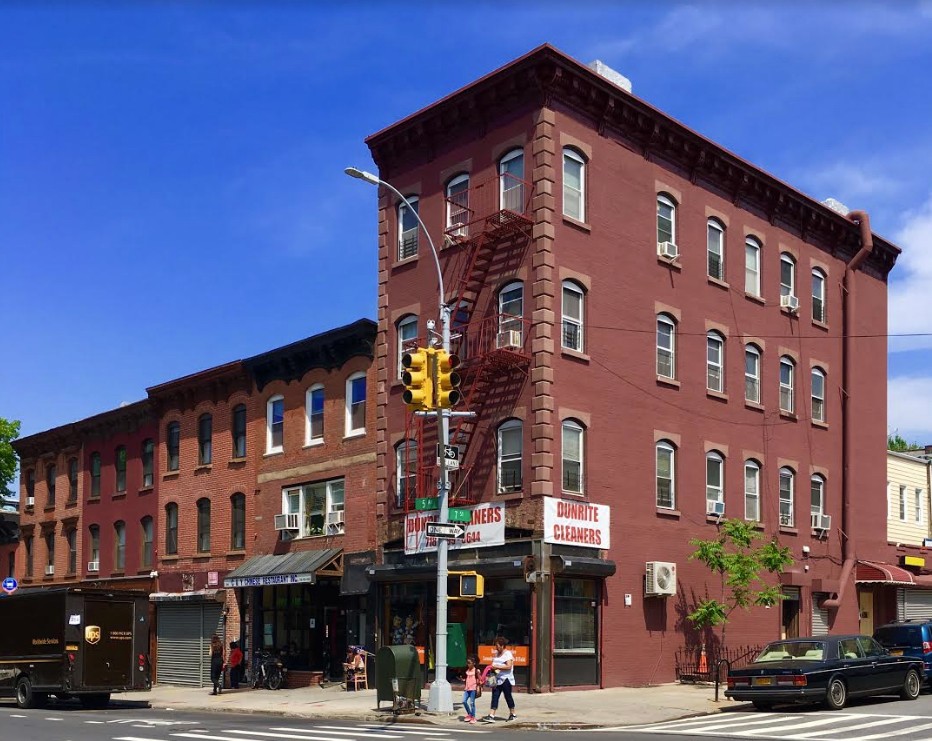Prospect Park Residence fights attachment orders in separate cases
Park Slope senior facility besieged by lawsuits

John O’Hara, attorney for the families suing the Prospect Park Residence. Photo courtesy of John O'Hara
The Appellate Division Second Department on Thursday granted a temporary restraining order staying enforcement of a $5 million dollar order of attachment to the Prospect Park Residence in Park Slope.
State Supreme Court Justice Arthur M. Schack issued the original order of attachment on August 3.
The facility’s owner, Haysha Deitsch, is seeking to sell the troubled senior assisted living facility, which has been much in the news over the past year, for $76.5 million. If the order of attachment remains in effect, $5 million of this amount would be set aside for potential future legal judgements.
